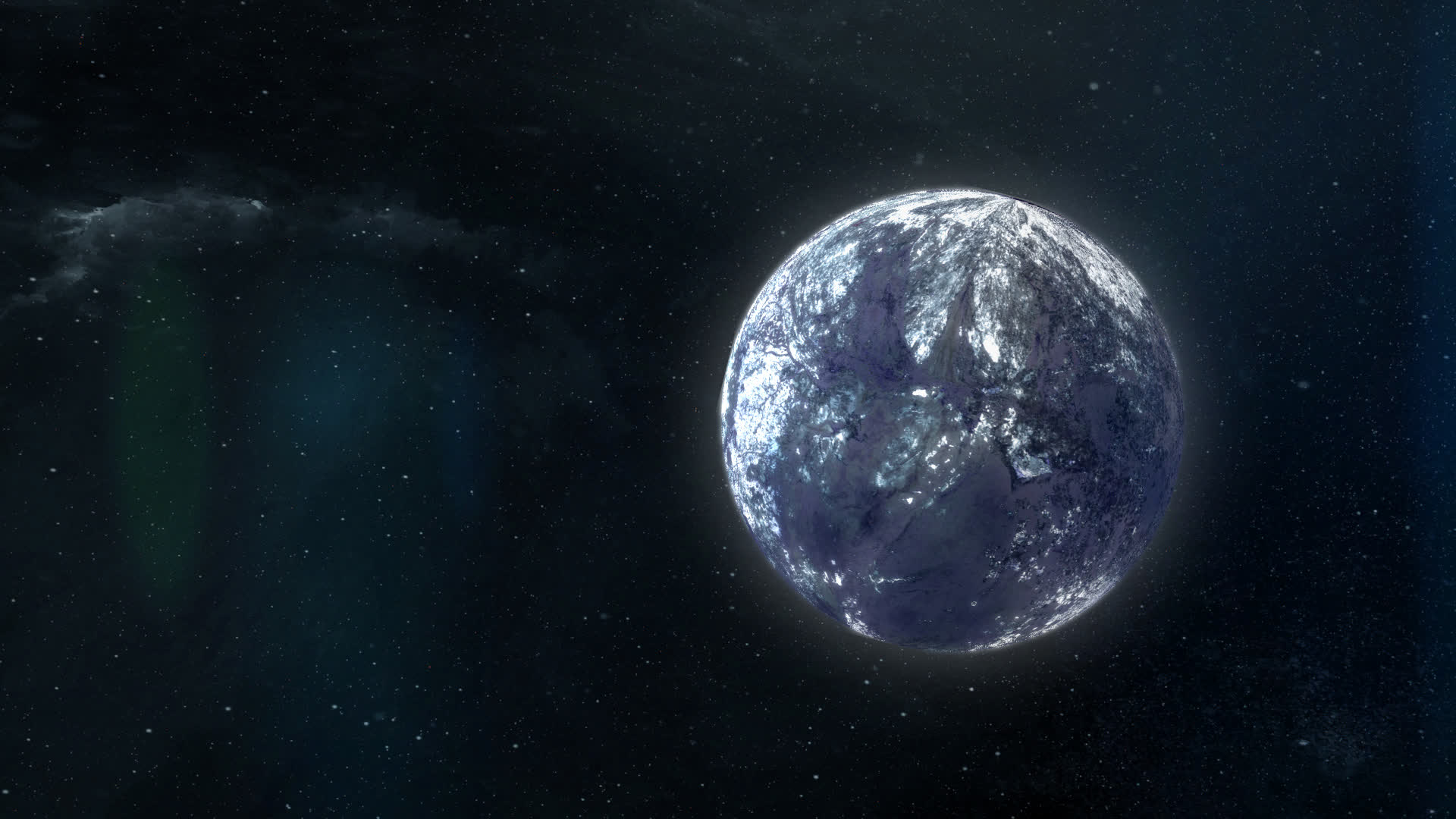Through the looking glass: Scientists from NASA and Osaka University in Japan now believe that trillions – not billions – of planets have "gone rogue" in the Milky Way galaxy. These interstellar outcasts, sometimes called wandering planets or nomads, formed like any other around an infant star but later broke free from their star's gravitational pull for one reason or another. It was originally believed that our own galaxy may contain billions of unbound planets but the true number could be in the trillions.

David Bennett, a senior research scientist at NASA's Goddard Space Flight Center, said they estimate the Milky Way is home to 20 times more rogue planets than stars. That equates to trillions of worlds wandering all alone. And that is just in the Milky Way, one of what could be hundreds of billions or even trillions of other galaxies in the universe.
Their findings are the result of a nine-year survey known as Microlensing Observations in Astrophysics, or MOA for short. Microlensing events happen when an object like a planet or star aligns with an unrelated background star from our vantage point.
Gravitational lensing also allowed the Webb space telescope to capture a supernova-hosting galaxy at three different points in time, all in the same image.
As NASA explains, anything with mass warps the fabric of space-time, like the dent formed when putting a bowling ball on a trampoline. Light normally travels in a straight line but if space-time is bent, light will instead follow the curve.
The closer of the two objects acts like a natural lens, magnifying the brightness of the background object. "Microlensing is the only way we can find objects like low-mass free-floating planets and even primordial black holes," said Takahiro Sumi, a professor at Osaka University. They're essentially using gravity to discover distant objects we could never see directly.
A pair of papers on the subject have been published online for those seeking a deeper technical analysis.
The Nancy Grace Roman Space Telescope, set to launch by May 2027, should help NASA find even more lower-mass rouge planets, all of which is key to helping better understanding planetary formation mechanisms.
https://www.techspot.com/news/99696-nasa-now-believes-our-galaxy-home-trillions-not.html